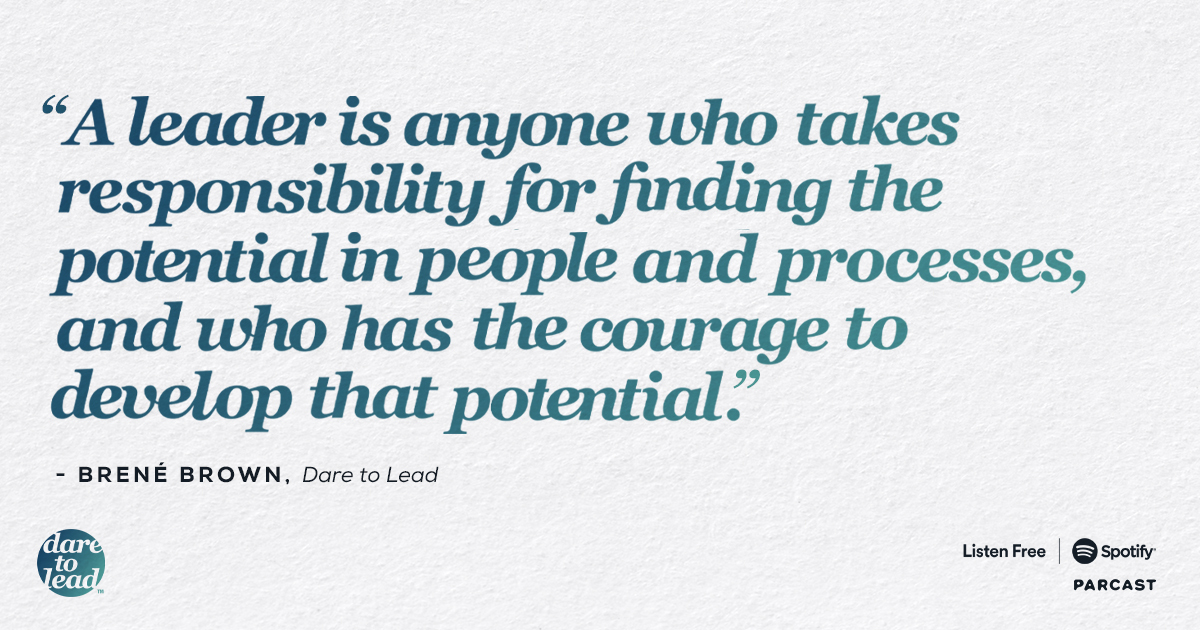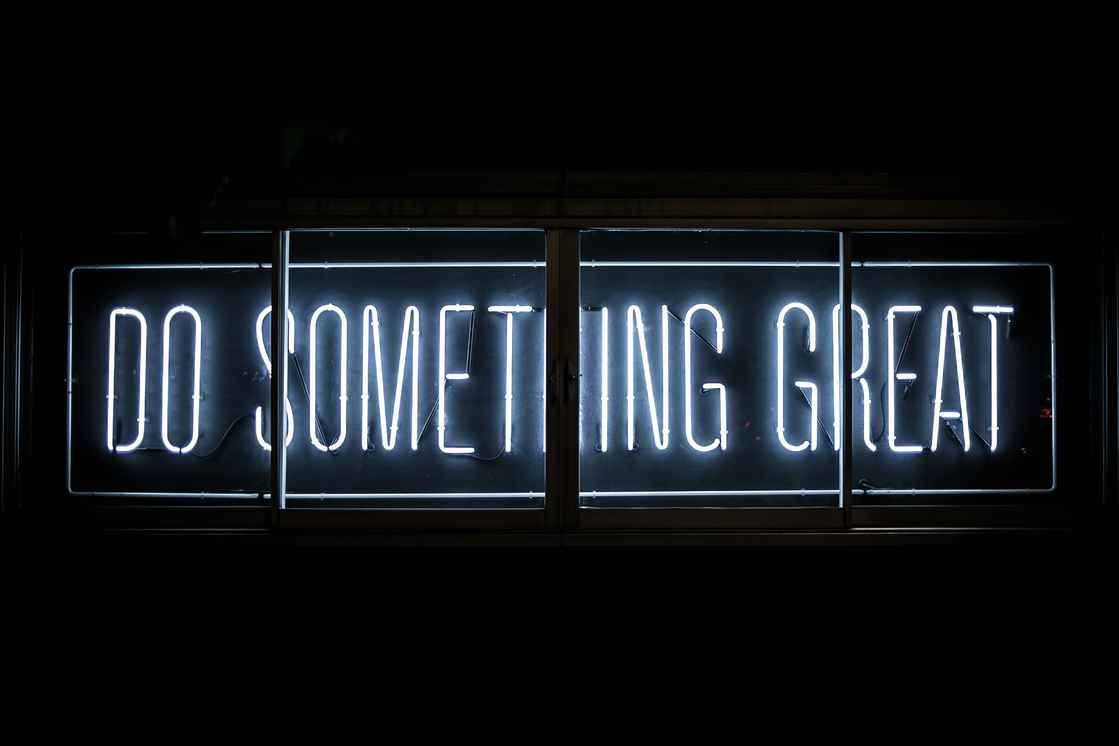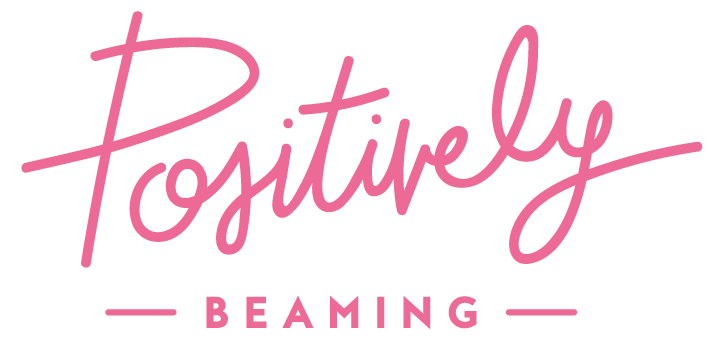How to be a Person of Influence

Recently I was asked to facilitate a panel for Catholic Women in Education and the topic was How to Be a Person of Influence. Below is my presentation.
When we talk about the ability to influence people or what it takes to be a person of influence it often feels a little coercive as if you're trying to persuade people to do something that they are not necessarily comfortable with. The curious thing about influence though is that it cannot be achieved through intimidation and coercion you get compliance when you intimidate or coerce or you get rebellion but true influence comes from within from a person's ability to inspire and to motivate those around them. You want to influence not only people's thoughts but also their actions.
A lot of the work I do is with aspiring and middle leaders – so I am going to present from a leadership perspective. In my workshops and coaching, we often spend a little bit of time, in the beginning, discussing the characteristics of leaders or the attributes of good leaders.
One of the attributes is always the ability to inspire.
In fact, a quote by Dr Myles Munroe floated to the surface when I was preparing for this- he said that
Leadership is the capacity to influence others through inspiration, motivated by passion, generated by vision, produced by a conviction and ignited by a purpose.
No pressure!
It all starts with influence.
What's really useful to know particularly for those who aren't in leadership roles is that you do not have to be a designated leader in order to influence, all you need is the ability to inspire and motivate those around you.
This brings me to my very favourite quote about leadership and that's Brenè Brown's which is a

If that is not the job description of a teacher and an educational leader I don't know what is!
So what makes a person of influence?
Number one they have integrity. They are honest with strong moral principles.
Number two they demonstrate care respect and responsibility not just for people but for their ideas. We need to be cognizant of the impact of our ideas on people.
This doesn't mean that a person of influence needs to be nice or perfect. It certainly doesn’t mean they have to be the most intelligent person in fact the best influencers may in fact be disruptors who have a different point of view but who have the passion and the vision and the conviction that Monroe talks about.
We need both characteristics. Throughout history, we can think of a whole range of folk who were very influential because they had passion and vision and motivation with purpose. But they weren’t always a people of integrity I'm not sure anyone could doubt to the passion of any of the modern dictators Hitler and Stalin or Trump and whilst they are were very influential, very charismatic, I think we were missing the integrity piece.
When I did a little Google search to see what characteristics of people of influence have, we came up with some fairly common generic things. They are:
- deliberate
- they act with purpose
- they listen and speak thoughtfully
- they are always learning.

However, I think we need to take a step back and consider the following premise.
To be considered a leader you need to have followers. In order to be a person of influence, you need to have a group of people you desire to influence.
On a very simplistic level – teachers may wish to influence students and achievement
Middle leaders may seek to influence teachers and their achievement
More senior-level leaders may have influence over the wider education community.
Specific areas of passion such as curriculum, special needs, religious education
The question therefore should be:
If, I want to make a difference - Who is the group of people I desire to influence and about what?
One of the reasons many of my clients join my leadership and coaching programs is that they say they want to have a wider level of influence. They may have had very successful careers as teachers or deputies. Some of my clients want to move into academia and have an influence on curriculum or teacher development. Others step up and take roles in professional associations. Some choose to leave education because they believe their best impact and influence can be made in other roles.
But the one thing I ask them is to get VERY VERY clear on their values. I ask them to get clear on their why, their moral purpose, vision, True North - whatever the lastest sexy term is.

Personally - I don’t care what you call it, but If you want to be a person of influence you need to be able to articulate clearly the reason you do what you do and the difference that you make.
You don’t necessarily have to say it out loud but you need to be clear about the thing that drives you. The thing that gets you up in the morning.
So you might want to consider the following question and journal your thoughts.
The reason I get up in the morning, to do the work I do, is because..
I have been working on the answer to that question myself for several years. Refining the answer each year. This is what it looks like currently:
The reason I get up in the morning is:
To be generous with my time, heart and expertise so that others grow.
I want the people I work with to feel safe to explore new possibilities and strategies in their life and work.
I want women to take their best selves to work AND bring her home again .
This aligns with my values, my work, and the people I serve.
Author Bill George calls it your True North, your fixed orientating point in a spinning world. It is derived from your most deeply held beliefs and the principles you operate by. It is your internal compass, that represents who you are at your deepest level.
Many of you will have your faith solidly at the centre of your compass or you may have a belief that you live by. I ask you to add – to what end? There are literally millions of teacher with strong Catholic faith – what is your unique contribution? What is the difference you want to make?
Now go out connect. Build your networks including mentors, coaches and sponsors. Sponsors are those rare wise and well connected folk who can get you confidently in front of the people who need your skills and wisdom. This is not time to be humble the world needs you and the unique skills that you bring.
In the business world, we know that people buy from those people and brands that we - know, like and trust. It is no different in education.
Take time to build trusting relationships based on care and responsibility, demonstrate integrity and be true to your values.
You are already a person of influence.
You don’t need to most likes or the flashiest Linkedin profile.
You just need to believe in yourself and believe that you have something that your “followers need”.
Categories
- Coaching (15)
- Happiness (10)
- Leadership (23)
- Mindset (13)
- Psychological (4)
- Trust (5)
- Choice (3)
- Management (12)
- Women (15)
- Authenticity (7)
- Positivity and Wellbeing (13)
- Career (12)
- Empowerment (6)
- Goals (8)
- Wellbeing (10)
- Interviews (2)
- Conversation (4)
- Confidence (1)
- Time Management (2)
- Habits (2)
- Drama Triangle (1)
- Teamwork (2)
- Productivity (2)

0 comments
Leave a comment
Please log in or register to post a comment